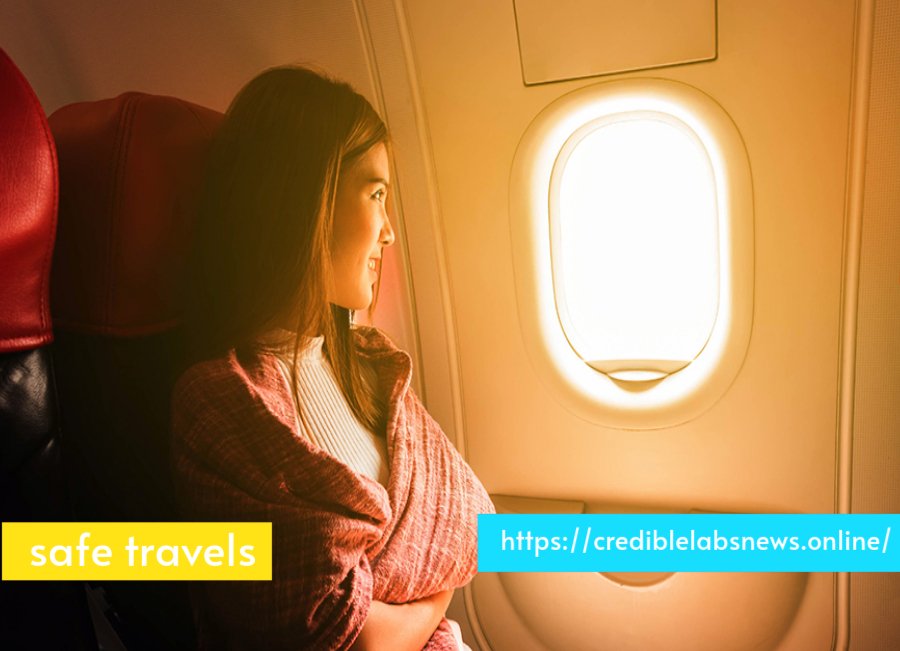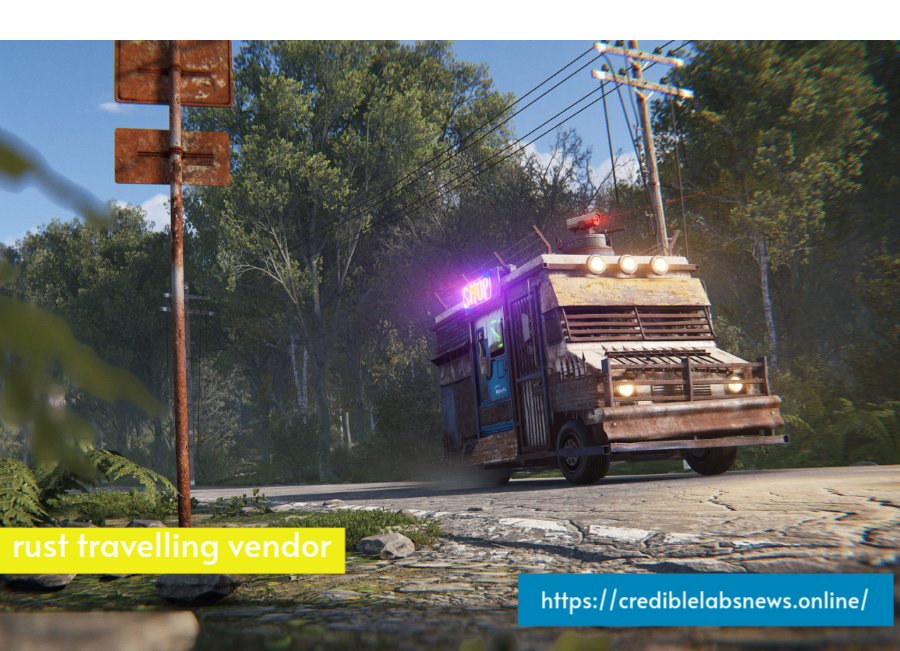Table of Contents
Traveling abroad is an exciting adventure, but ensuring your safety should always come first. Whether you’re a seasoned traveler or a first-timer, understanding safe travels the risks and how to protect yourself is crucial. This guide covers everything you need to know to travel smart and stay safe, so you can focus on making memories instead of worrying about mishaps.
Planning Ahead: Safety Starts Before You Leave
Preparation is the first step to a safe journey. Start by researching your destination’s safety conditions and checking for any travel advisories. Many travelers make the mistake of overlooking these crucial details, which could easily put them at risk. Countries with political instability or health hazards may require special precautions.
While planning your trip, also make sure your travel documents, including your passport, visas, and insurance details, are in order. Make digital and physical copies of these documents and keep them in different places in case of theft or loss. Remember, preparation can save you from a lot of trouble when you’re far from home.
Understanding Travel Insurance: Why You Need It
No one wants to think about getting sick or injured while abroad, but having travel insurance can be a lifesaver. It protects you from unexpected medical expenses, trip cancellations, and even lost luggage. Think of travel insurance as a safety net that catches you when things go wrong.
When choosing an insurance plan, be sure to read the fine print. Some policies may not cover extreme sports, pandemics, or travel to certain high-risk areas. If you plan to engage in adventurous activities, like skiing or scuba diving, make sure your insurance policy includes these in its coverage.

Stay Connected: Keeping in Touch for Safety
Staying connected with loved ones is not just a convenience; it’s a safety measure. Share your travel itinerary with family or friends, so they know where you are at all times. In case of an emergency, they will have the information needed to get you help quickly.
It’s also wise to have a local SIM card or an international phone plan to ensure you can make calls or access the internet whenever needed. Reliable communication can be the difference between a minor mishap and a serious problem when you’re abroad.
Using Technology to Stay Safe
Technology can be your best friend when it comes to travel safety. From navigation apps to emergency contact tools, there are plenty of resources at your fingertips. Install apps like Google Maps, which can guide you even when you’re offline, or travel safety apps that send alerts about local security concerns.
Another useful tool is a personal safety device, such as a ride safer travel vest, which can help protect you in unfamiliar environments. These gadgets are designed to offer added protection and peace of mind, especially in places where you may not feel entirely secure.
Staying Aware of Your Surroundings
When you’re in a new place, it’s easy to get caught up in the excitement, but always stay alert to your surroundings. Pickpockets and scam artists often target tourists who look lost or distracted. By maintaining awareness of your environment, you can reduce the risk of falling victim to petty crime.
Avoid flashing expensive items like jewelry, cameras, or smartphones in public places. These items can attract unwanted attention and make you a target for theft. Keeping a low profile is one of the best ways to stay safe while enjoying your travel experience.
Secure Your Belongings
Protecting your belongings should be a top priority when traveling. Invest in a good quality anti-theft backpack or purse with hidden zippers and lockable compartments. These bags are designed to deter pickpockets and keep your valuables secure.
It’s also a good idea to use a money belt or a ride safer travel vest to keep your cash and credit cards hidden from view. This can prevent opportunistic thieves from snatching your money or important documents while you’re on the move.
Choosing Safe travels Accommodation
Your accommodation is your temporary home while you’re abroad, so make sure it’s a safe place to stay. Research hotels or rental options to find those with positive reviews that emphasize safety. Avoid accommodations in areas that are known for crime or have poor safe travels security measures.
Once you check in, take a moment to familiarize yourself with the emergency exits and the layout of the building. This small step can make a big difference if you need to evacuate quickly in case of a fire or other emergency.

Transportation Safety: Getting Around Safely
Navigating transportation in a foreign country can be tricky, but there are ways to do it safely. When using public transport, stay alert and keep your belongings close to avoid pickpocketing. If you’re taking a taxi or rideshare service, make sure the vehicle matches the description in the app, and always verify the driver’s identity.
Using a ride safer travel vest can be particularly useful if you plan on renting a scooter or motorcycle. These vests provide additional protection and visibility, reducing the risk of accidents in unfamiliar traffic conditions.
Health and Wellness: Staying Safe Physically
Staying healthy while traveling is just as important as staying safe. Always drink bottled water if you’re unsure about the local water quality, and carry a travel-sized first aid kit for minor injuries. It’s also wise to research any necessary vaccinations or medications required for your destination.
Eating at reputable restaurants can reduce the risk of foodborne illnesses. Avoid safe travels street food vendors that don’t follow proper hygiene practices, as tempting as they may be. A little caution can prevent a ruined vacation due to stomach troubles.
Cultural Awareness and Respect
Understanding and respecting local customs can enhance your safety and help you blend in with the locals. Different cultures have different expectations, and being mindful of these can prevent misunderstandings. For example, in some countries, certain gestures or attire might be considered disrespectful.
Learning a few basic phrases in the local language can also go a long way in gaining trust and assistance from residents. When you show respect for the culture, people are often more willing to help you if you run into any trouble.

Trust Your Instincts: When in Doubt, Get Out
One of the best safety tools you have is your instinct. If something doesn’t feel right, trust your gut and remove yourself from the situation. Whether it’s a street that seems unsafe or a person who makes you uncomfortable, don’t hesitate to make safe travels a quick exit.
Traveling is meant to be enjoyable, and you shouldn’t let fear dictate your every move. However, knowing when to listen to your instincts can be a key factor in keeping yourself safe from harm.
Conclusion: Prioritize Safety, Enjoy the Journey
Traveling is a wonderful way to explore new cultures and see the world, safe travels but safety should always be your top priority. By planning ahead, staying alert, and using tools like the ride safer travel vest, you can enjoy your adventures with greater peace of mind. Safe travels start with smart choices, so make sure you’re prepared for anything that comes your way. If you want to learn more contact us on https://crediblelabsnews.online/contact/
Frequently Asked Questions About Safe Travels
What is the best way to prepare for safe travels abroad?
- The best way to prepare is to thoroughly research your destination, check for travel advisories, and have all necessary documents and vaccinations in order. Also, consider purchasing travel insurance for added protection.
How can I stay safe in unfamiliar areas while traveling?
- Staying aware of your surroundings, avoiding poorly lit or isolated areas, and trusting your instincts are crucial. It’s also helpful to keep a map or use navigation apps to avoid getting lost.
What types of travel insurance should I consider?
- Look for travel insurance that covers medical emergencies, trip cancellations, lost luggage, and emergency evacuations. Read the policy details to ensure it meets your specific needs.
Is it safe to travel alone?
- Yes, traveling alone can be safe if you take precautions. Choose reputable accommodations, stay in contact with someone back home, and avoid risky situations. Trust your instincts and always be aware of your surroundings.
What should I do if I experience a medical emergency abroad?
- Contact local emergency services immediately. If you have travel insurance, reach out to your insurance provider for assistance and guidance on where to go for medical help.
How can I protect my valuables while traveling?
- Use anti-theft bags, money belts, or a ride safer travel vest to secure your belongings. Avoid carrying large amounts of cash and keep important documents in a secure location.
Are there specific travel safety apps you recommend?
- Yes, some useful travel safety apps include Google Maps for navigation, WhatsApp for communication, and safety alert apps that notify you of local hazards or emergencies.
How can cultural awareness enhance my travel experience?
- Being culturally aware can help you connect with locals, avoid misunderstandings, and show respect for customs. Learning a few phrases in the local language can also go a long way.
What are common travel scams to be aware of?
- Common scams include fake taxi services, overcharging for goods or services, and distraction scams where someone diverts your attention while an accomplice steals from you. Always be cautious and do your research.
What should I do if I lose my wallet or passport while traveling?
- Report the loss to local authorities and your embassy or consulate as soon as possible. Keep copies of important documents and contact your bank to secure your accounts.
